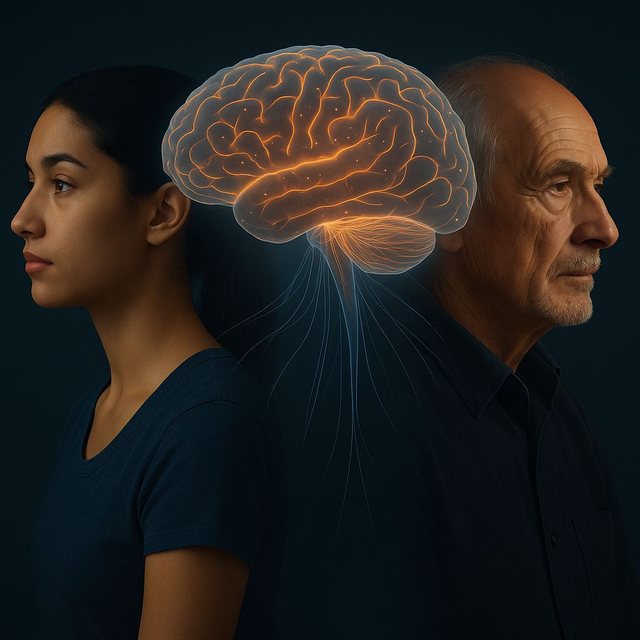
Speaking two languages ??is not just a practical skill that makes it easier to communicate with the world. Studies show that bilingualism directly affects brain health. The brains of people who use two languages ??in their daily lives show slower signs of aging, maintaining mental flexibility for 4–5 years longer than those who speak only one language.
One of the main reasons is that switching languages ??is a powerful exercise for memory and concentration. Every time you speak one language and switch to another, your brain is forced to activate different neural networks, selecting the right words, suppressing those that don’t belong in context, and building meaning in real time. This process is like training a muscle in the gym — the more you do it, the stronger your brain becomes.
Furthermore, bilingualism is associated with a delayed onset of dementia and Alzheimer’s disease. This is because the repeated activity of switching languages ??increases the brain’s “cognitive reserve” — its ability to compensate for impairments associated with aging or neurodegenerative diseases. In other words, even if biological changes occur, the brains of bilinguals have more mechanisms to maintain mental functions.
Ultimately, bilingualism is a powerful tool for long-term mental health. Not only does it sharpen memory and improve concentration skills, it also gives the brain a kind of flexibility that keeps it active, fresh, and resilient to the challenges of aging. In this sense, speaking two languages ??is much more than a language skill — it’s a valuable investment in your brain health and mental longevity.





